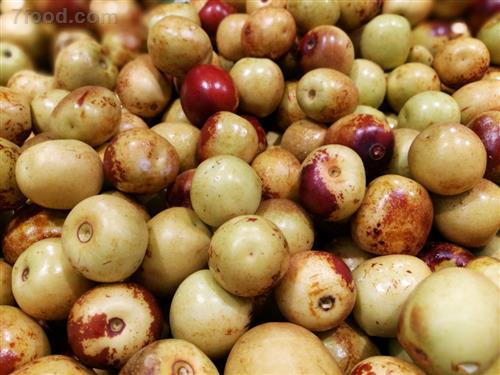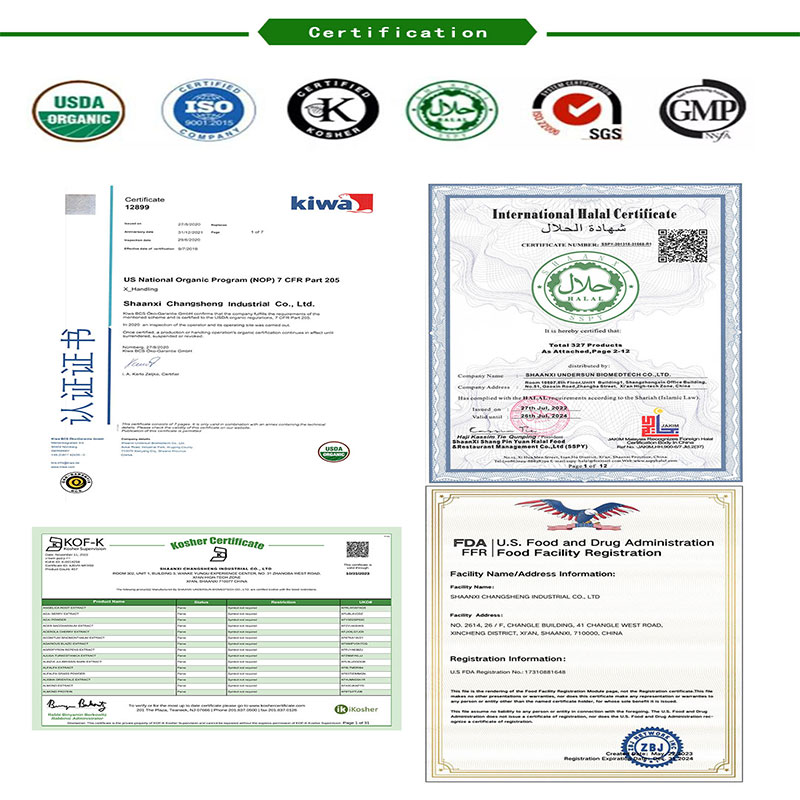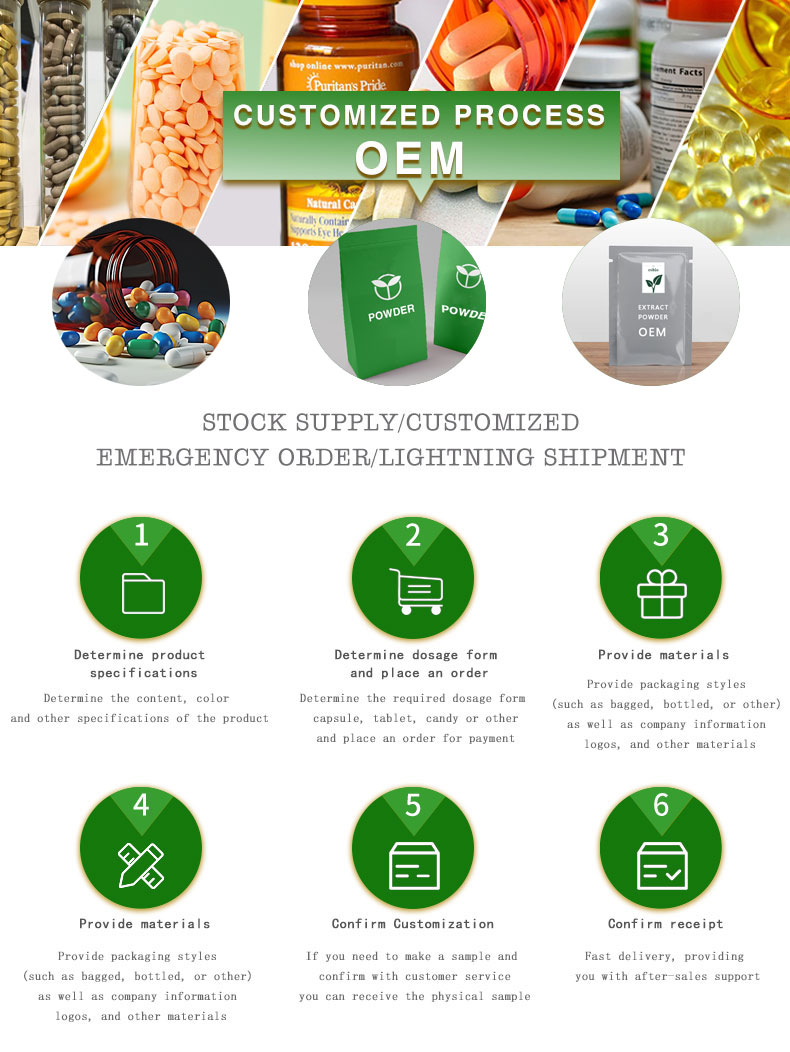Winter jujube will turn red with open blisters Winter jujube will turn red with open blisters. The boiled winter jujube was boiled with boiled water. After 5 seconds, the jujube was drained and placed in a bowl. After 5 minutes, the winter jujube epidermis was slightly yellowed. After half an hour, the winter jujube epidermis was light brown. After standing for one night, the color of winter jujube eventually turned red-brown. Because the peel of winter jujube contains anthocyanin, the color of the anthocyanin is related to the environment such as temperature and pH, and the anthocyanin becomes red when heated, resulting in mature skin color. Hot winter dates can eat? The jujube burned by boiled water can be eaten, but the taste is certainly not very good. Put jujube into boiling water, and then seal it with a plastic bag. The jujube skin will turn red and look like it is cooked. However, the jujube ripened jujube processed with boiled water does not taste well, but the food does not interfere. How to identify whether jujube soaked sugar water According to industry sources, we can't just judge by sweetness and sweetness. From the appearance point of view, the normal date shows a red side of the Chaoyang side, the other side is blue, the transition between red and green is very natural, and the transition is yellow. In addition, the skin is delicate, smooth, slightly pinched and elastic. And taste it, moderate moisture, sweet and sweet. The jujube soaked with saccharin water is either completely immersed in water and appears red all over, or there is a part of it exposed on the surface of the water. There is a clear demarcation line between red and green, and the epidermis is soft, there is no hard feeling of fresh fruit, and it is not resistant to storage. After a period of time, it will wrinkle and even the flesh will separate. The nutritional value of winter jujube The main nutritional component of jujube is sugar, followed by protein, organic acids, and fats. It is also rich in many trace elements such as selenium, calcium, iron, and zinc, and vitamins C, β-carotene, vitamins B1, B2, etc. . Jujube has blood, anti-cancer, liver protection, anti-fatigue and other effects, in the Chinese medicine belongs to the category of replenishment, suitable for children, pregnant women, the elderly and the recovery of nutrition after eating. The content of vitamin C in fresh jujube is the first among fruits, which is 6 to 8 times that of hawthorn, 10 times that of kiwifruit, 13 times that of orange, 100 times that of apple, and 140 times that of pear. King "" live vitamin pill ".
Sweeteners are chemicals that are used to sweeten foods and beverages. The sweeteners we produce are active ingredients obtained from plants, and they are usually sweeter than sugar and contain fewer or no calories. Sweeteners can be used for people with diabetes, people on a diet and others who need to limit their sugar intake.
Natural Sweeteners,Monk Fruit Extract,Sweetener Powdered,Health Sweetener Shaanxi Changsheng Industrial Co., Ltd. , https://www.cncsbio.com
Introduction and application of sweeteners
1. sucrose alcohols: such as sorbitol, mannitol, and xylitol, which are about as sweet as sugar but have fewer calories.
2. Artificial sweeteners: such as aspartame, sodium saccharin, maltodextrin, etc., which are much sweeter than sugar, but contain no calories.
Sweeteners are used in a wide range of applications, and common applications include
1. beverages: such as cola, fruit juice, tea drinks, etc.
2. food products: such as chocolate, candy, cookies, etc.
3. condiments: such as sweet sauces, salad dressings, etc.
4. pharmaceuticals: such as oral liquid, capsules, etc.

